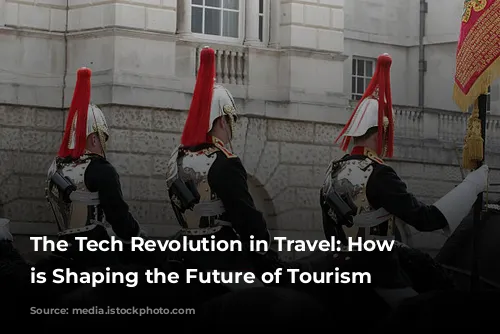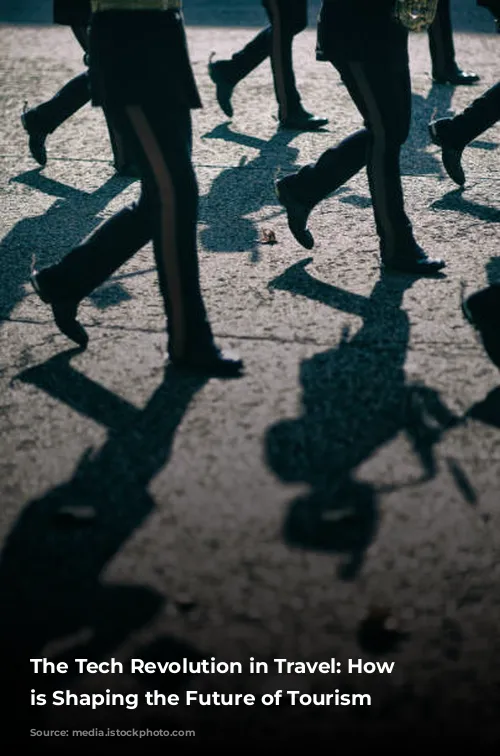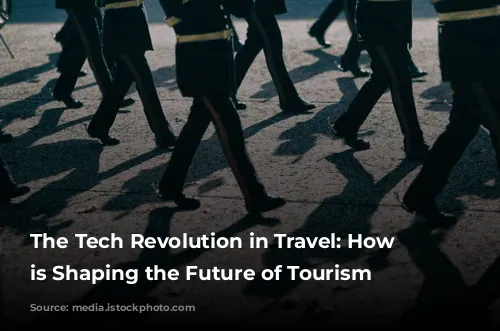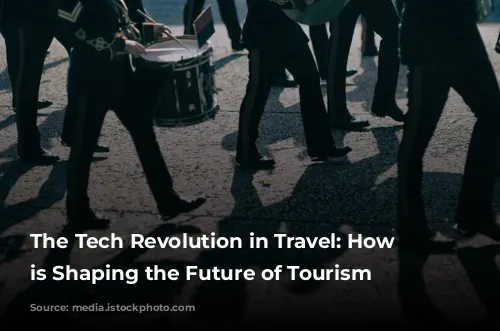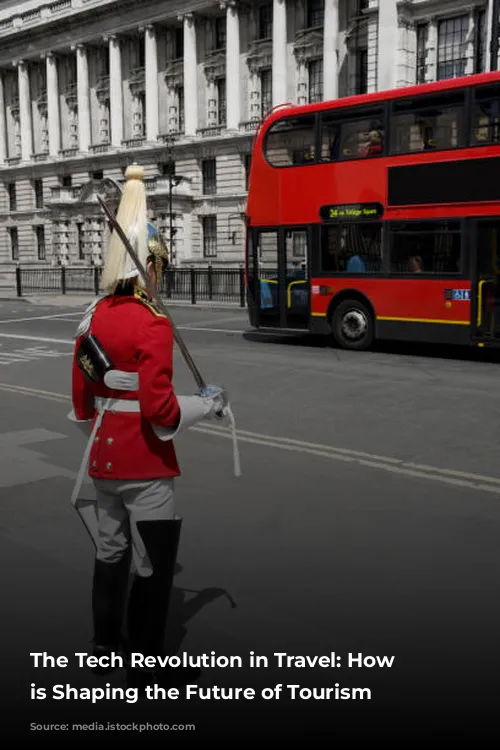Technology has revolutionized the way we travel. It’s no longer just about booking flights and hotels; it’s about creating seamless, personalized experiences. Travel businesses that fail to adapt to this technological shift will struggle to survive in the increasingly competitive travel landscape.
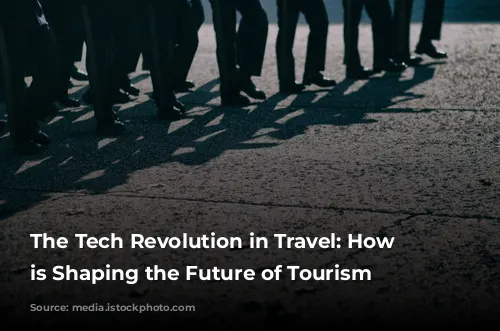
The Rise of Digital Transformation in Travel
The pandemic pushed the travel industry to its limits, forcing businesses to embrace digital transformation for survival. Social distancing became paramount, leading to a surge in online check-ins, remote booking, and contactless interactions.
A study conducted in 2020 revealed that 55% of travelers globally were eager to embrace technologies that personalize their travel experiences. This desire for tailored journeys has led to a boom in travel apps that act as personal travel guides, helping travelers find the best hotels, restaurants, and attractions, all while reading reviews and booking seamlessly.
Travel companies are responding to this demand by incorporating chatbot technology into their online interactions, providing instant answers to customer queries and reducing reliance on human agents. This shift towards automation not only improves efficiency but also caters to the growing preference for contactless interactions in a post-pandemic world.

Top Travel Tech Solutions for 2023
From smartphones acting as digital wallets and ticket holders to AI-powered chatbots offering instant support, technology is changing the way we interact with travel.
Travel apps have become indispensable, offering everything from flight tracking and hotel bookings to personalized recommendations and directions. These apps are not just convenient; they provide a level of control and flexibility that travelers increasingly crave.
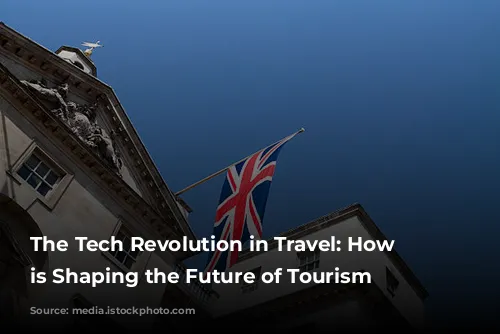
Embracing Contactless and Cashless Payments
The pandemic has accelerated the adoption of contactless payments in the travel industry. Travelers are seeking safe and convenient payment methods, leading to an increase in mobile payment solutions and wireless payment terminals.
Airports and hotels are embracing contactless check-in systems, minimizing physical interactions and creating a more hygienic travel experience.
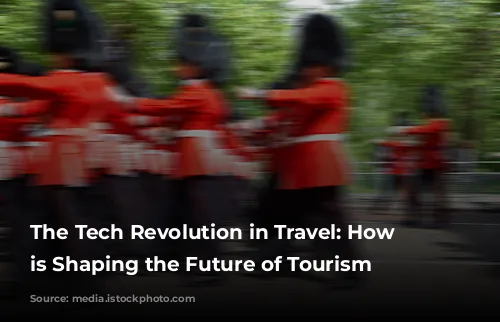
Immersive Experiences with AR and VR
Augmented reality (AR) and virtual reality (VR) technologies are bringing the world to our fingertips. Imagine trying on clothes in a virtual fitting room, or experiencing a museum tour from the comfort of your home – all thanks to AR and VR.
The travel industry is harnessing the power of these technologies to offer immersive experiences. Museums are creating virtual exhibitions, allowing travelers to explore historical sites without leaving their homes. VR travel experiences offer a glimpse into future destinations, making travel planning even more engaging.
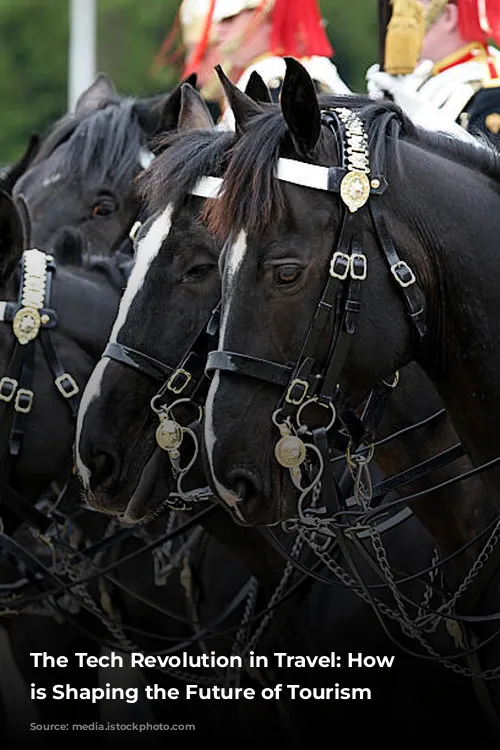
Robots and the Future of Travel
Robots are making their mark in the travel industry, automating tasks and enhancing customer service. Hotels are using robots as concierges, while restaurants are incorporating them into food preparation and service. Airports are even using robots to detect security threats.
Imagine a future where your luggage follows you around like a loyal pet! This may sound like science fiction, but it’s a real possibility thanks to advancements in robotics.
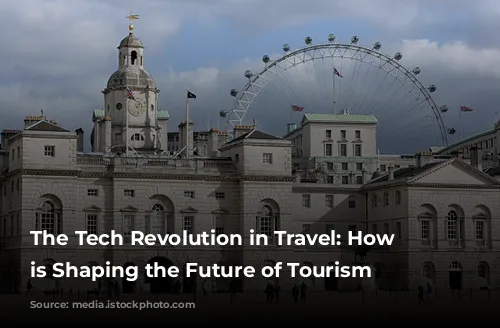
The Power of IoT and Wearables
The Internet of Things (IoT) is connecting devices and creating seamless experiences for travelers. Airports and hotels are using connected devices to offer enhanced services, while airlines are embracing wearable technology to streamline boarding processes.
Airlines like Air Berlin and Iberia are already offering smartwatch boarding passes, further blurring the lines between technology and travel.
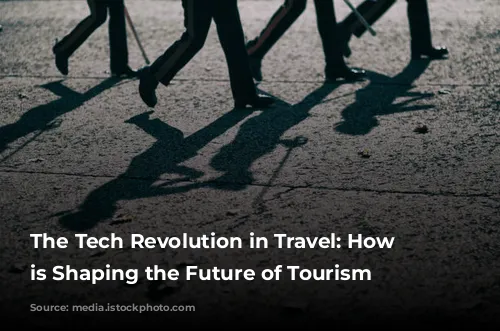
AI: Personalizing the Travel Experience
Artificial intelligence (AI) is revolutionizing the way travel companies interact with customers. AI-powered search aggregators like Skyscanner provide personalized travel recommendations, while chatbots provide instant support and answer customer queries.
AI also helps travel companies analyze vast amounts of data, uncovering valuable insights into customer behavior and preferences. This data allows companies to tailor their services and create more personalized travel experiences.

Biometric Recognition: Speeding Up Travel
Biometric recognition technologies like facial and fingerprint scanning are rapidly gaining popularity in the travel industry. These technologies provide a more secure and convenient way to identify travelers, speeding up check-in processes and minimizing physical interactions.
Airports and hotels are implementing biometric recognition for contactless payments, check-ins, and security checks, streamlining the travel experience and enhancing safety during the pandemic.
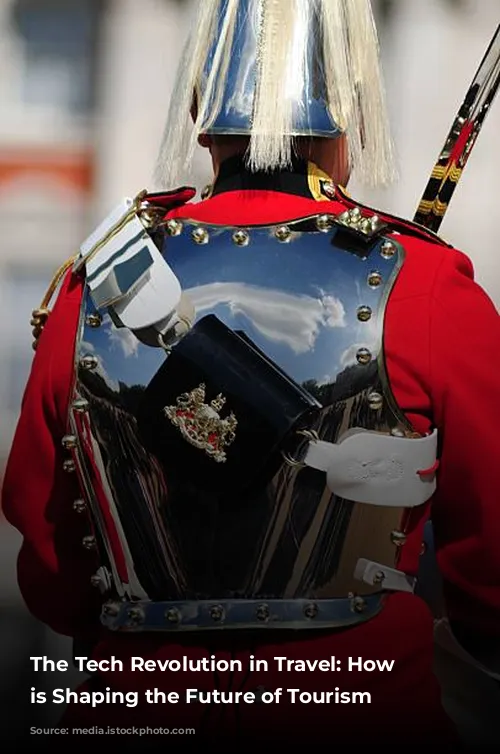
Virtual Assistants: Your Travel Companions
Virtual assistants like Siri and Alexa are already integrated into our daily lives, and the travel industry is no exception. Travelers can use virtual assistants to access travel information, get personalized recommendations, book flights and hotels, and even navigate unfamiliar cities.
The future of travel is filled with exciting possibilities as technology continues to transform the industry. From personalized travel experiences to seamless contactless interactions, technology is shaping the way we travel, making it more efficient, immersive, and enjoyable.
